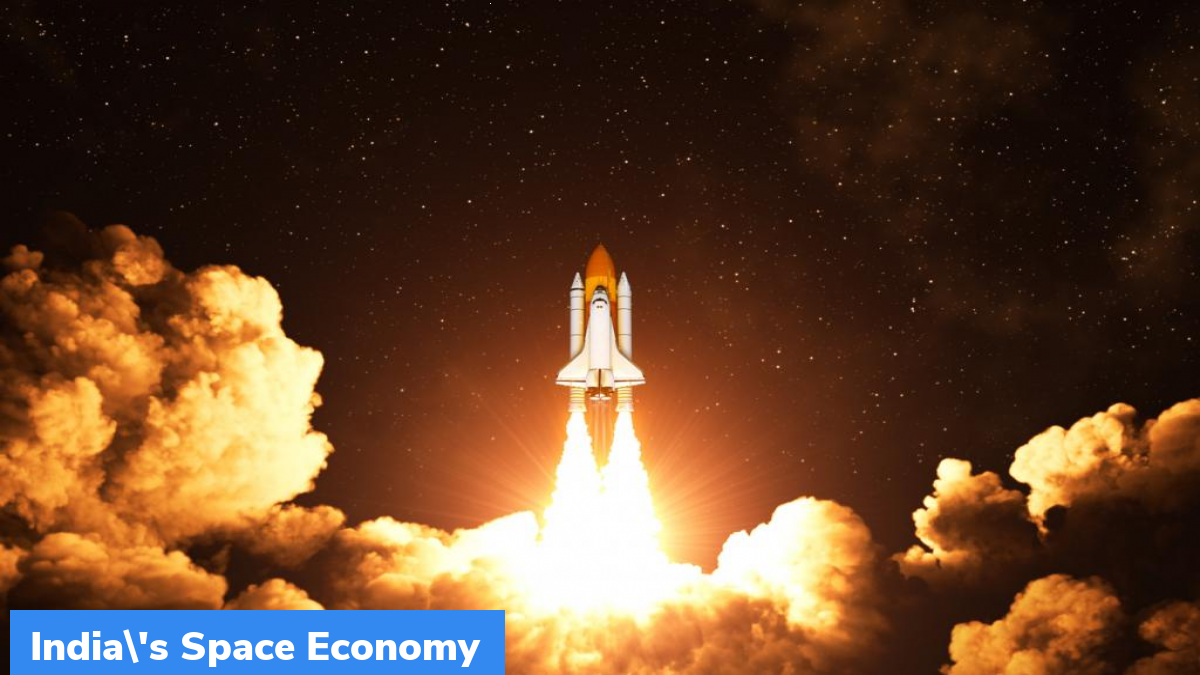Study on India’s Space Economy
Two premier research and educational institutions have released a study shedding light on the space economy of India. Even as India’s space programme expanded by leaps and bounds, the parameters surrounding it are vague.
Overview:
- This study is a first-of-its-kind attempt to measure the size of the country’s space economy.
- This study has been conducted by researchers from the Indian Institute of Space Science and Technology (IIST) and the Centre for Development Studies (CDS).
- The findings have been reported in a paper titled ‘The Space Economy of India: Its Size and Structure’.
Findings of the study
- Rs 36,794 crore is the figure the researchers have put forward for 2020-21 fiscal.
- The country’s estimated space economy size as a percentage of the nation’s GDP has slipped to 0.19 percent in 2020-21 to from 0.26 percent in 2011-12.
- The major chunk of this economy was taken up by space applications constituting Rs 27061 crore or 73.57 percent in 2020-21. It is followed by space operations which stood at Rs 8218.82 crore or 22.31 percent and manufacturing which stood at Rs 1515.59 crore or 4.12 percent.
- India’s space economy accounts for about 0.23% of the country’s GDP (over 2011-12 to 2020-21).
- In 2020-21 the budget outlay was Rs 9,500 crore, while in the previous fiscal it was Rs 13,033.2 crore.
- The space economy’s size shrunk to Rs 36,794 crore in 2020-21 and Rs 39,802 crore in 2019-20 from Rs 43,397 crore in 2018-19.
- The space budget as a percentage of the country’s GDP slipped to 0.05 percent in 2011-12 from 0.09 percent in 2000-01 and has remained constant since then.
- Taking relation to the GDP India’s spending on space budget is more than Germany, China, Japan, and Italy but is less than Russia and the U.S.
What has the authors relied on to conduct this study?
The authors have relied on Parliament documents, Indian Space Research Organisation (ISRO), data on intellectual property rights, the Comptroller and Auditor General’s (CAG) reports, and various other government data, along with Scopus-indexed space publications.
Month: Current Affairs - March, 2022
Category: Economy & Banking Current Affairs • Reports & Indexes Current Affairs


